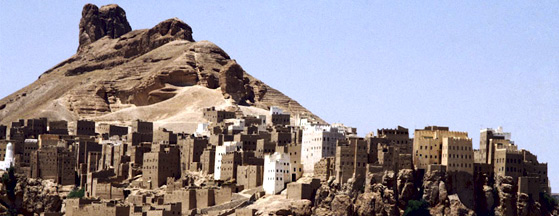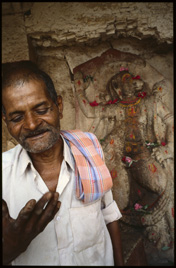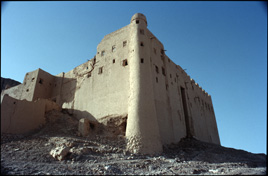Mission

Our Mission
Archaeos is a non-profit organization dedicated to the study and preservation of cultural heritage, both tangible and intangible, irrespective of faith, origin, or gender. We actively participate in, disseminate information about, and/or encourage work in the following areas:
- Archaeology, Anthropology, & Living Cultures. The exploration, recording, and interpretation of both ancient and contemporary cultures and their languages, traditions, and histories. Advocacy for indigenous peoples, marginalized groups, and endangered languages.
- Built Heritage, Urban Planning & Cartography. The maintenance, conservation of, and recording of cities and 'cultural spaces', both ancient and modern.
- Cultural Heritage & Law. The promotion and execution of strategies, legislation, treaties, and agreements for the preservation of both intangible and tangible heritage.

We believe that culture and our shared human history should lie not at the margins of globalization and development but at its very epicenter influencing its direction and its ethics.
Knowledge of other cultures enhances the quality of our lives, fostering self-understanding and community values, and expanding opportunities to vital to bridge the chasms of our differences.
As we progress into the 21st century, climactic change and the continuing depletion of the natural world's limited resources, threaten the future of our planet's fragile ecology. Indeed, for many humans, these appear to be fragile and cautionary times.
War, disease, poverty, and famine continue to plague the human condition; overpopulation, scarcity of water and food, and the effects of globalization threaten the survival of many of the world's people, their cultures, languages, histories, and very identities.
As the world's ever expanding population demands increasing amounts of the planet's limited resources, such forces endanger the distinctly individual identities of many social and indigenous groups, challenging the continued existence of unique systems of cultural, ethnic, and linguistic diversity. They also physically threaten the preservation, authenticity, and integrity of archaeological and historical landscapes that are core components of our cultural identities.
The philosopher George Santayana wrote just over a century ago
Progress, far from consisting in change, depends on retentiveness. When change is absolute there remains no being to improve and no direction is set for possible improvement: and when experience is not retained, as among savages, infancy is perpetual. Those who cannot remember the past are condemned to repeat it... This is the condition of children and barbarians, in which instinct has learned nothing from experience.
The battle to preserve culture diversity, or even to truly "progress", involves a struggle to create and to preserve histories, traditions, and identities—it is a fight by groups and individuals for self-worth and self-esteem and for the continual endurance of their individuality and distinctiveness. These are aspects that enrich the human experience and serve a seminal role in any wisely imagined future.

The last decade of history, particularly in the Middle East, but also elsewhere, has demonstrated the very deep failure of policing, militarization, and forms of violence as primary strategies for our security and survival. That failure suggests that real ‘security' lies elsewhere. The future of such regions of conflict—as well as the future of global development—requires our awareness of the processes that create culture, diversity, and uniqueness.
That awareness of the richness of human experience—of the vast variety of systems of thought, knowledge, language, belief, and tradition—is central to enlightened social and economic advancement, to reconciling old animosities and differences, and to reducing and extinguishing conflicts and hatreds before they begin.
The keys to security, peace, and a sustainable future lie in tolerance, understanding, mutual respect and approbation among different cultures and races.
